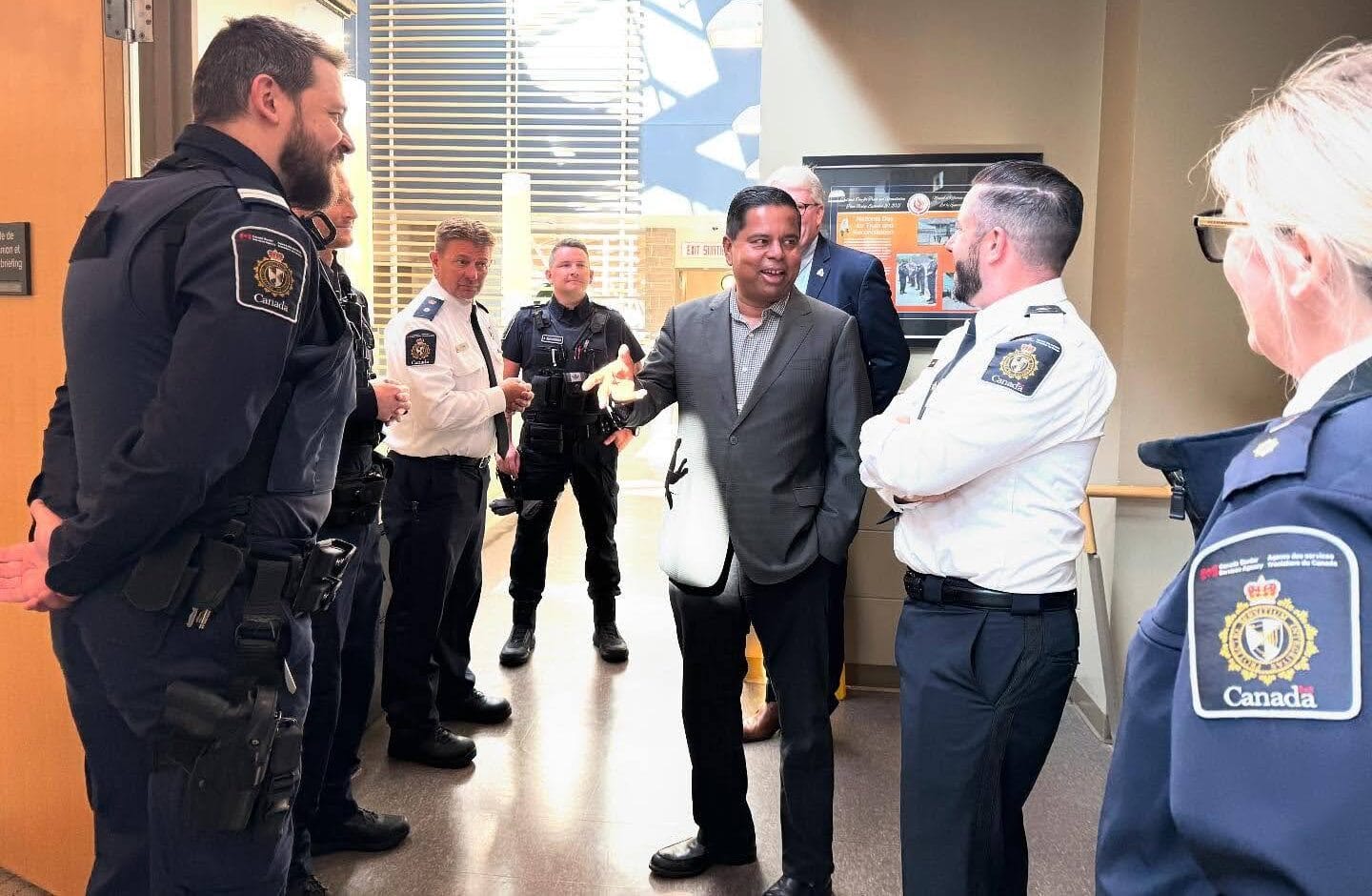Yesterday, a recorded conversation between Minister of Public Safety and Toronto landlord Gary Anandasangaree and one of his tenants was uploaded to YouTube by firearms activist, Tracy Wilson. The recorded discussion was about the federal government's “buyback” program for firearms that were prohibited on May 1 of 2020 and following order-in-council (OIC) prohibitions. During the discussion, the minister casts doubt on the effectiveness of the buyback program and implies that he believes the program should be scrapped.
In the audio, Anandasangaree states, “If I were to redo this from the beginning—I’m picking up where it was left off [...] I was given this mandate by Carney to put an end to this and not revisit it. That’s my objective, to put an end to this and move on with other additional crim-justice tools, including on bail, including on increasing penalties for people who have illegal and unlicensed firearms.”
Further in the audio, the minister deflects when discussing reasons for proceeding with the program on Quebec: “This is very much a big, big deal for many of the Quebec electorate that voted for us. That’s one of the main things. I’m certain you’ve seen these articles where people, you know, said this is one of these things we should execute, like as a change from Trudeau’s policies, but we’ve made the decision to go ahead.”

Anandasangaree goes so far to say that he believes that police departments will not enforce the firearms ban, stating “I just don’t think municipal police forces have the resources to do this,” and that “it won’t go that far” on the subject of door-to-door seizures.
When challenged by his constituent on the legal ramifications for non-compliance, the minister also states that he would “bail [the constituent] out” if he got arrested.
In 2020, the Federal government announced the program would cost $400 to $600 million to implement. Despite this announcement, internal Department of Justice briefings on the gun file from 2019 estimated that a mass banning and confiscation of firearms would cost $1.8 billion. In the recorded audio, Anandasangaree states that program funding would be capped at $740 million.
According to the Criminal Intelligence Service of Ontario’s Firearms Analysis and Tracing Enforcement program, 70% of firearms seized in crimes come from the United States. This fact is apparent to the Public Safety Minister, who stated he would rather shift his focus to illegally acquired and possessed firearms.

The initial May 2020 OIC bans came on the heels of a spree killing in Nova Scotia. Gabriel Wortman, a man banned from owning firearms due to a previous assault charge, used a rifle smuggled from the United States and disguised himself as an RCMP officer to murder 22 people. A subsequent freeze on handgun purchases and transfers was implemented after a school shooting in Uvalde, Texas.
Many police services have shown no interest in helping the government with the firearms program. Recently, the Ontario Provincial Police stated they would not be assisting the federal government in enforcing the buyback program. Last month, the Toronto Police Association posted on X that “the federal gun buyback program will have little impact on crime in #Toronto. The vast majority of guns seized in the GTA come from the U.S., and legal gun owners are not the problem.”
The Alberta government outright stated that the province would not cooperate with the federal buyback program.
Despite the ban on over 1500 models of previously non-restricted and restricted firearms, according to Statistics Canada, gun crime has increased since 2020, peaking in 2022.
The North Star reached out to Minister Anandasangaree to comment and clarify his stance on the firearms file. The minister did not respond to our request. Today, his office issued a statement walking back the comments. “In trying to address this individual's frustrations, my comments were misguided,” said the minister.


